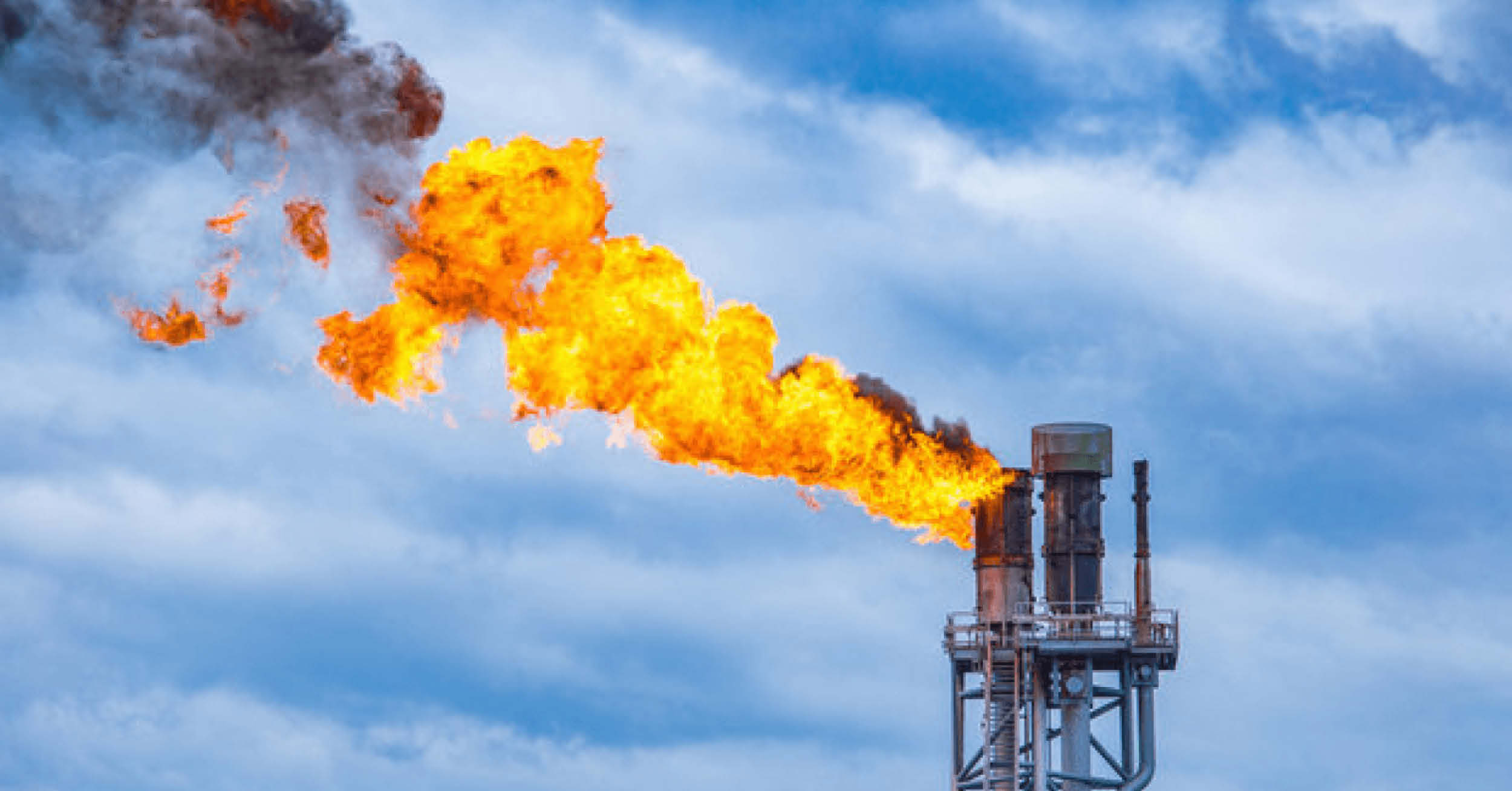The Nigerian National Petroleum Corporation (NNPC) Limited and Total Energies joint venture has achieved a zero gas flare feat in its goal to end routine flaring by 2030.
This is as global efforts have been accelerated to fight climate change by reducing the carbon emissions in the atmosphere, which increases global warming.
The feat was disclosed in a statement signed by the Chief Corporate Communications Officer of the NNPC Ltd, Olufemi Soneye, on Thursday.

“In pursuit of meeting the targets of 20% (unconditional) and 47% (conditional) greenhouse gas emission reduction as contained in the Nationally Determined Contribution under the Paris Accord signed by the President Bola Ahmed Tinubu administration, the NNPC Ltd/TotalEnergies Joint Venture has achieved zero routine gas flare in all its assets.”
According to the statement, the announcement was made during an inspection tour of OML 100 in the southeastern Niger Delta, off Port Harcourt, by a joint team of NNPC Ltd. and TotalEnergies.
The inspection was in a bid to ascertain the success of the OML Flare Reduction Project launched in December 2023.
The recent achievement means the NNPC Ltd/TotalEnergies joint venture, which is the concession holder of four leases, had achieved zero routine flaring across OML 99 (2006), OML 102 (2014), and OML 58 (2016), leaving OML 100 as the only lease with routine flaring going on.
Soneye further stated that “the significance of this achievement is that the last routine flare volume of about 12MMscf/d (twelve million standard cubic feet per day) of gas has now been eliminated giving rise to a greenhouse gas emissions reduction of about 341KtCO₂e/yr.”
The achievement is an outcome of a programme introduced by the NNPC Ltd. to galvanise action towards achieving zero routine flare by 2030 across its portfolio of assets.
The zero gas flare is also a testament to NNPC Ltd’s prioritization of sustainability as it makes efforts to reduce Nigeria’s carbon footprint
The NNPC Ltd noted that work is ongoing across all other assets within its upstream directorate to ensure that all assets achieve zero routine flaring by 2030 or earlier.


